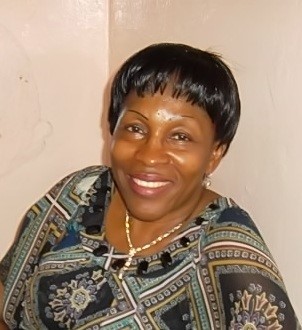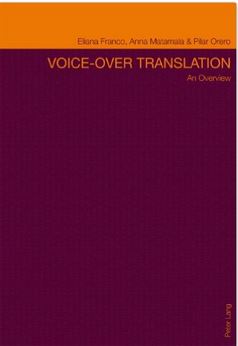
Our Community
Get to know our community
Join Translation Journal
Click on the Subscribe button below to receive regular updates.
Ayonghe Lum Suzanne

Question and Answer
- What is your name?
- Ayonghe Lum Suzanne
- Where do you live?
- Cameroon
- How long have you been an interpreter or translator?
- 11 years
- What made you decide to become a translator or interpreter?
- My love and strong background in Computing; the fact that I could speak and write English and French; the fact that I could use computers to do many things. Thus, I believe I could also use computers to translate from one language to another with ease. Also, I knew that I could get a job and/or make some money by translating.
- List one strength that you think sets you apart from your colleagues.
- My interest in continuing education to learn new things and techniques
- Name the one thing that you most enjoy in your translating or interpreting career.
- My speciality is Audiovisual Translation and Computer Assisted Translation. However, I like subtitling films or programmes.
- We all have worked on those not-so-perfect assignments. Write about one such assignment that was not ideal and what you learned from it.
- Most often, I am assigned to assist in carrying out duties related to computers just because of the knowledge I have in that area. This has nothing to do with translation. For instance, teaching Excel to a secretary and how to produce statistics from it. However, there is always one or two things learned from these types of assignments. By teaching, I learn new options that I never knew. Sometimes I am given a document to translate and the time given is very short. I usually call on my best students and give them the job. They do the translation and receive the money. At least I can sometimes rely on some of my students when there is a lot of translation work to do. This is also a training process for them.
- If you could go back in time to when you were just starting out as a translator or interpreter, what advice would you give to your younger self?
- I would advice my younger self to have an open mind: a tolerant and a flexible mind. A mind that is ready to learn any new skills coming up. An evolving mind that changes and improves as time goes by. In short, as a translator, I should change with time. In Cameroon for example, a translator may sometimes be asked to do other jobs (service provider jobs, secretarial jobs, etc.)unrelated to translation. I should be able to do these in addition to my translation jobs.
- Name one resource – such as a phone app, CAT tool, website, and so forth – that you find especially helpful in your translating or interpreting work.
- For translation, I use TRADOS, WordFast and the Internet
- What’s the best book you’ve read this year?
- Voice-Over Translation. An Overview. By Eliana Franco, Anna Matamala and Pilar Orero.
This book presents the first study of voice-over from a wide approach, including not only academic issues but also a description of the practice of voice-over around the globe. The authors define the concept of voice-over in Film Studies and Translation Studies and clarify the relationship between voice-over and other audiovisual transfer modes. They also describe the translation process in voice-over both for production and postproduction, for fiction and non-fiction.
The book also features course models on voice-over which can be used as a source of inspiration by trainers willing to include this transfer mode in their courses. A global survey on voice-over in which both practitioners and academics express their opinions and a commented bibliography on voice-over complete this study. Each chapter includes exercises which both lecturers and students can find useful.
